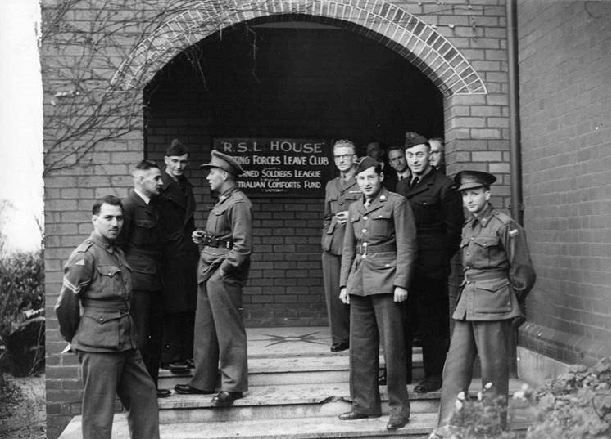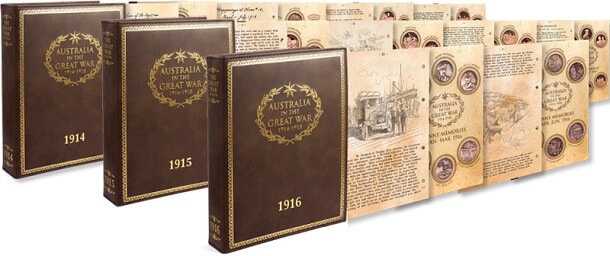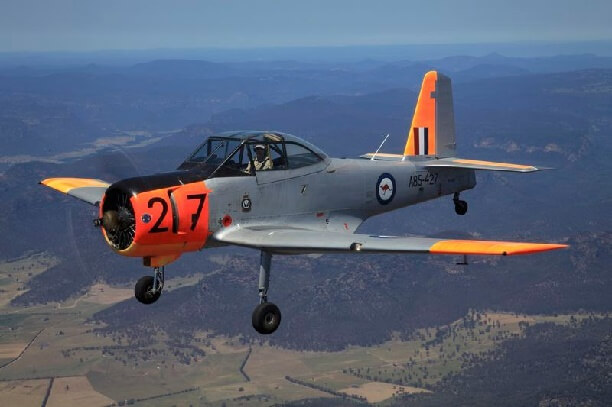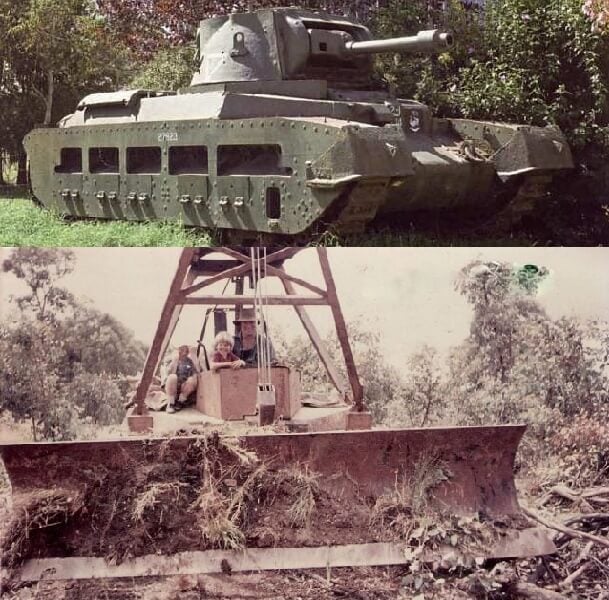
It's About 100 Years of Mateship
100 years of the RSL
The story starts with the first injured Diggers returned to Australia in early 1915, both before and during the Gallipoli experience. These men shared a comradery and tales but most importantly they shared an understanding of what service meant. Many who could not return to the war found places to gather and put effort into looking after their mates and fighting to ensure men received the treatment and care deserving of those who had served their country. By early 1916 the Returned Soldiers Association was formed in Queensland. Similar organisations started in New South Wales, Victoria and South Australia.
It was obvious that our returned Diggers needed a strong voice. On 3 June 1916 a meeting of the four state organisations was held in Melbourne and the name ‘Returned Sailors and Soldiers Imperial League of Australia’ was suggested. Three months later at the first Federal Congress in Brisbane the name was formally adopted. The RSL had begun (see provisional 1916 constitution below).
Over following decades more states formed branches of RSSILA. In addition to the State Branches the League also allowed for Sub Branches to be created to look after members locally. Each State Branch conformed to the general constitution and aims of the national League but they were individually governed by their own constitution and by-laws. This structure continues to this day.
The League was instrumental in formalising commemorations to ensure the memory of those lost to war were never forgotten. The Australian traditions of Anzac Day and Remembrance Day are a direct result of the RSL’s commitment.
The League continued to evolve to represent the changing times, although not always at a pace commensurate with the times. The Royal Australian Airforce was formed in 1921 but it was not until 1940 that the word ‘Airmen’s’ was added to the League, which became the ‘Returned Sailors, Soldiers and Airmen’s Imperial League of Australia’. But the League continued to evolve as the needs of its members and their families changed. In 1965 it became the ‘Returned Services League of Australia’ and in 1990, to cater for the diversity of its membership, the name changed to the ‘Returned & Services League of Australia’, which remains to this day.
The RSL has not been without controversy. Veterans from the Vietnam War felt the organisation, which was at the time predominately run by veterans of the Second World War, did not afford service in Vietnam the respect given previous wars. Yet today Vietnam Veterans are active in the RSL and are instrumental in working with and for the younger veterans of today’s wars.
Over the years the RSL has traditionally stayed out of politics, content with being a strong and reasonable voice for the generations of men and women who have served Australia in peace and war.
This year we remember and celebrate the national centenary the RSL and the tireless work of generations of men and women who have lobbied for and cared for veterans and families. Over coming months and years various state and local branches of the RSL will celebrate their own 100 years of service. And while the times have changed the individual members are still out there raising funds to care for their mates and being there to support their mates. That is what the RSL is about and it always will be.
PROVISIONAL CONSTITUTION CREATED BY THE ORIGINAL FOUR MEMBER STATES IN 1916
Reproduced from RSL Queensland’s RSL Outpost.
- To perpetuate the close and kindly ties of friendship created by a mutual service in the Great War, and the recollections associated with that experience, to maintain a proper standard of dignity and honour among all sailors and soldiers, and to set an example of public spirit and noble-hearted endeavour;
- To preserve the memory and records of those who suffered and died for the Nation – to erect monuments to their valour – to provide them with suitable burial places, and establish in their honour an annual commemoration day;
- To provide for the sick and wounded and needy among those who have served, and their dependants, including pensions, medical attention, homes and suitable employment;
- To inculcate loyalty to Australia and the Empire and secure patriotic service in the interests of both;
- To guard the good name and preserve the interests and standing of returned sailors and soldiers;
- To induce members as citizens to serve Australia with that spirit of self-sacrifice and loyalty with which, as sailors and soldiers, they served Australia and the Empire, and to maintain an association non-sectarian and non-partisan, in relation to party politics; and
- To establish, maintain, furnish and equip clubs, club rooms, information bureaux, libraries, literary, social, education and benevolent institutions for the benefit and advancement of members, and to print, circulate, and publish such papers, books, magazines and circulars, and carry on such other literary and journalistic undertakings as may be conducive to these objects.










